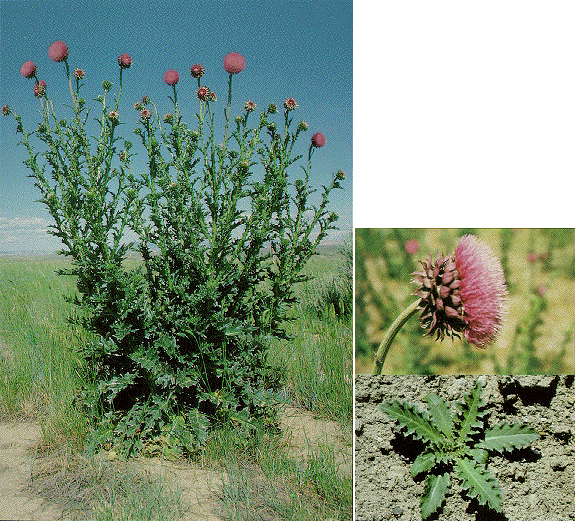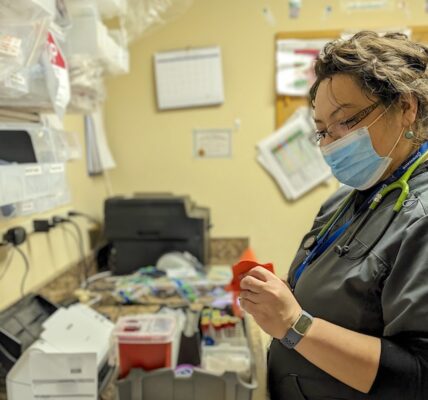By Michael Illiano
The Sheridan Press
Via- Wyoming News Exchange
SHERIDAN — The Wyoming Legislature’s Joint Agriculture Committee voted to sponsor a bill that aims to generate more funding for weed and pest management programs last week which could aid Sheridan County in its efforts to control the spread of invasive weeds.
The proposed legislation would increase the fees the state charges to register pesticide products from $90 to $120 and increase the fees to renew those registrations from $75 to $105.
Manufacturers that want to sell products labeled as pesticides are required to register their products with the federal Environmental Protection Agency and with the states in which the products will be sold.
Wyoming Department of Agriculture’s Technical Services Manager Kent Drake said there are more than 12,700 pesticides registered in Wyoming, noting that a broad range of products — like bear spray and some antibacterial soaps — have to be registered as pesticides.
The fee increase would boost the revenues Wyoming generates from those registrations from just more than $2 million to slightly more than $3 million annually, Drake said.
That revenue increase could be used to assist weed and pest management programs throughout the state, which have seen their budgets fluctuate in recent years.
Sheridan County Weed and Pest Supervisor Luke Sander spoke in favor of the legislation and said it would help address a growing need, particularly in his district.
In recent years, Sheridan County has seen the emergence of two aggressive species invasive weeds — ventenata and medusahead.
Those weeds threaten to overtake some of Sheridan County’s native grasses because they start growing before the local grasses and essentially starve them out by absorbing the water and nutrients that have traditionally sustained them.
And, by replacing native grasses, the invasive weeds can devastate natural habitats. The weeds offer virtually no nutritional value to wildlife and livestock accustomed to grazing on native grasses and have proven to be more flammable than those grasses, increasing the risk of wildfires.
While the weeds originated on lands managed by Sheridan County, they quickly spread to adjacent private properties and could move into other areas of the state.
“They’re very expensive to treat and they’re one of the greatest threats to Wyoming, as far as invasive species,” Sander said.“So we’re trying to get a handle on that the best we can, but I hear from landowners every day that they can’t absorb the cost of treatments.”
Sheridan County Weed and Pest uses a chemical called Esplanade to guard against the spread of the invasive weeds, which needs to be applied consistently over the span of several years.
But the state revenues that go toward funding those treatments are notoriously inconsistent.
In 2016, a statewide downturn resulted in sharp cuts to weed and pest districts and Sheridan County Weed and Pest saw its state funding drop from roughly $20,000 to about $6,000. Saner said a gallon of Esplanade costs about $1,200.
The Legislature restored some of that funding during its latest session, but it is heading into a budget session where lawmakers will again consider widespread budget cuts.
Should the bill pass, and the increased revenues are allocated to weed and pest control, Sander said the districts could leverage that money into more federal funding.
“Realistically, (the increases) would almost be doubled, because we use a lot of the state fees to match federal dollars,” Sander said. “…There are a lot of federal dollars available now through grants — this fee would really help a lot because we have a lack of state funds to match federal funds right now.”
Senate Committee Chairman Brian Boner, R-Douglas, noted that a late change to the draft bill specifies that a chunk of the revenues generated from the increased pesticide registration fees would go into the state’s general fund, where they could theoretically be used for programs beside weed and pest management.
With the committees’ sponsorship, the bill will likely receive more scrutiny when the state Legislature convenes in February.





